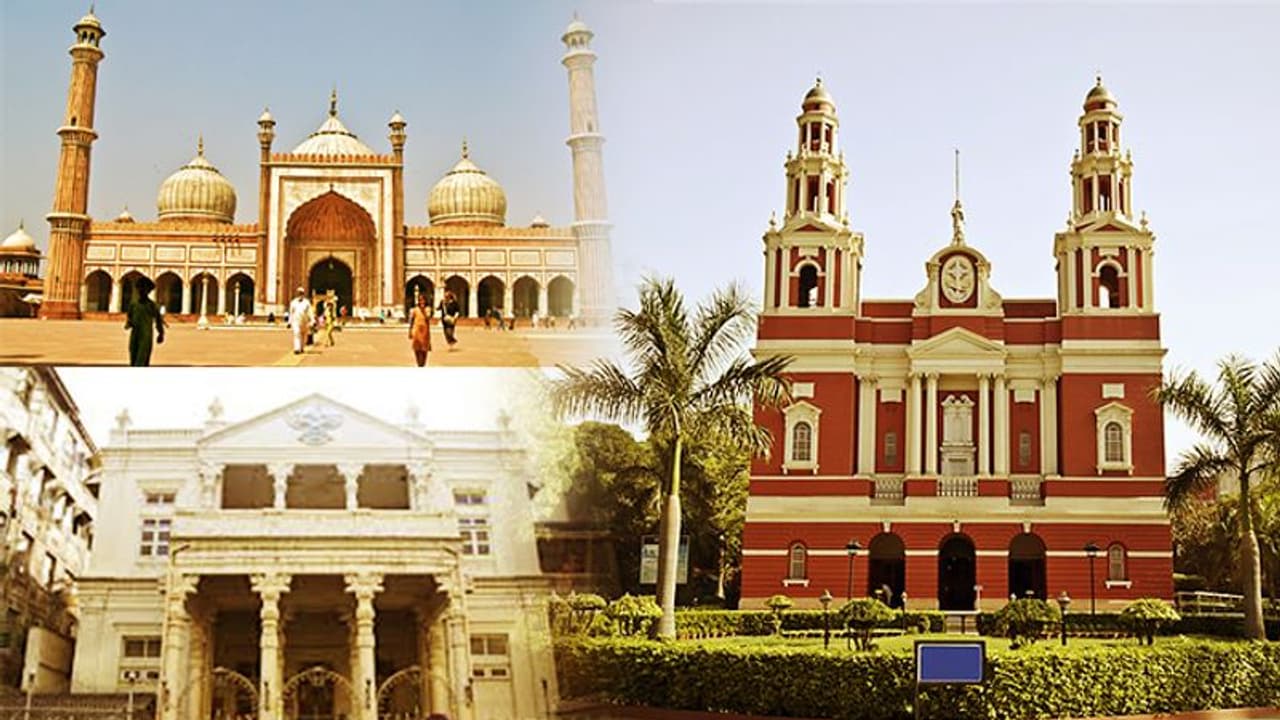The Delhi high court has asked the Centre and the Delhi government to respond to petitions requesting directions from the court to allow women’s entry in the Parsi fire temple of Parsi Anjuman, a woman imam of the Jama Masjid and women priests, bishops, deacons, archbishops in Christianity. Interestingly, the petitioner supports women’s entry into all Hindu shrines regardless of their physical status, too.
New Delhi: The Delhi high court on Friday issued notice to the central and Delhi governments in response to a petition seeking a direction to introduce a kind of egalitarianism across three religions.
The matter was listed for hearing before a division bench comprising Delhi Chief Justice Rajendra Menon and Justice V Kameswar Rao.
A petition asking for women’s entry into a Parsi fire temple has been clubbed along with another writ petitioner seeking entry of women inside the Nizamuddin dargah (mausoleum).
A petition seeks a direction from the court to enable any Indian in general — and women of any religion in particular — to pray at the sanctum sanctorum of the fire temple in Delhi Parsi Anjuman.
Further, the petitioner prayed for police protection for such individuals and asked for a direction to the Delhi Parsi Anjuman to allow entry to anyone and not interfere “with the right of the billion Indians to pray at the sanctum sanctorum of fire temple”.
The petition sought a declaration that any prohibition on non-Parsi men and women, whether menstruating or otherwise, to enter the sanctum sanctorum of holy fire temple at Delhi Parsi Anjuman is illegal and unconstitutional.
Additionally, the petition seeks an appropriate direction to enable women professing Zoroastrianism to be ordained as priest and a woman professing Islam to be ordained as imam of Delhi Jama Masjid.
The petitioner has asked for women’s leadership in the mixed gender congregation of Friday salat (prayer) and non-Friday prayers.
A similar direction enabling women professing Christianity in orthodox and catholic parishes to be able to be ordained as priest, bishop, deacon, archbishops has been sought, too.
The writ petition, filed by advocate Sanjiv Kumar, challenges the practice of prohibiting Muslim women from observing fast and offer prayer in Delhi’s Jama Masjid during menstruation. The lawyer has pleaded that this belief system be declared unconstitutional.
Additionally, the petition seeks an appropriate order to the central and state governments to implement as a “rule and policy” that Hindu women can observe fast, enter kitchen, offer prayers or go to any place during menstruation as the denial of the same is unconstitutional.
The matter will be heard on April 11, 2019.
